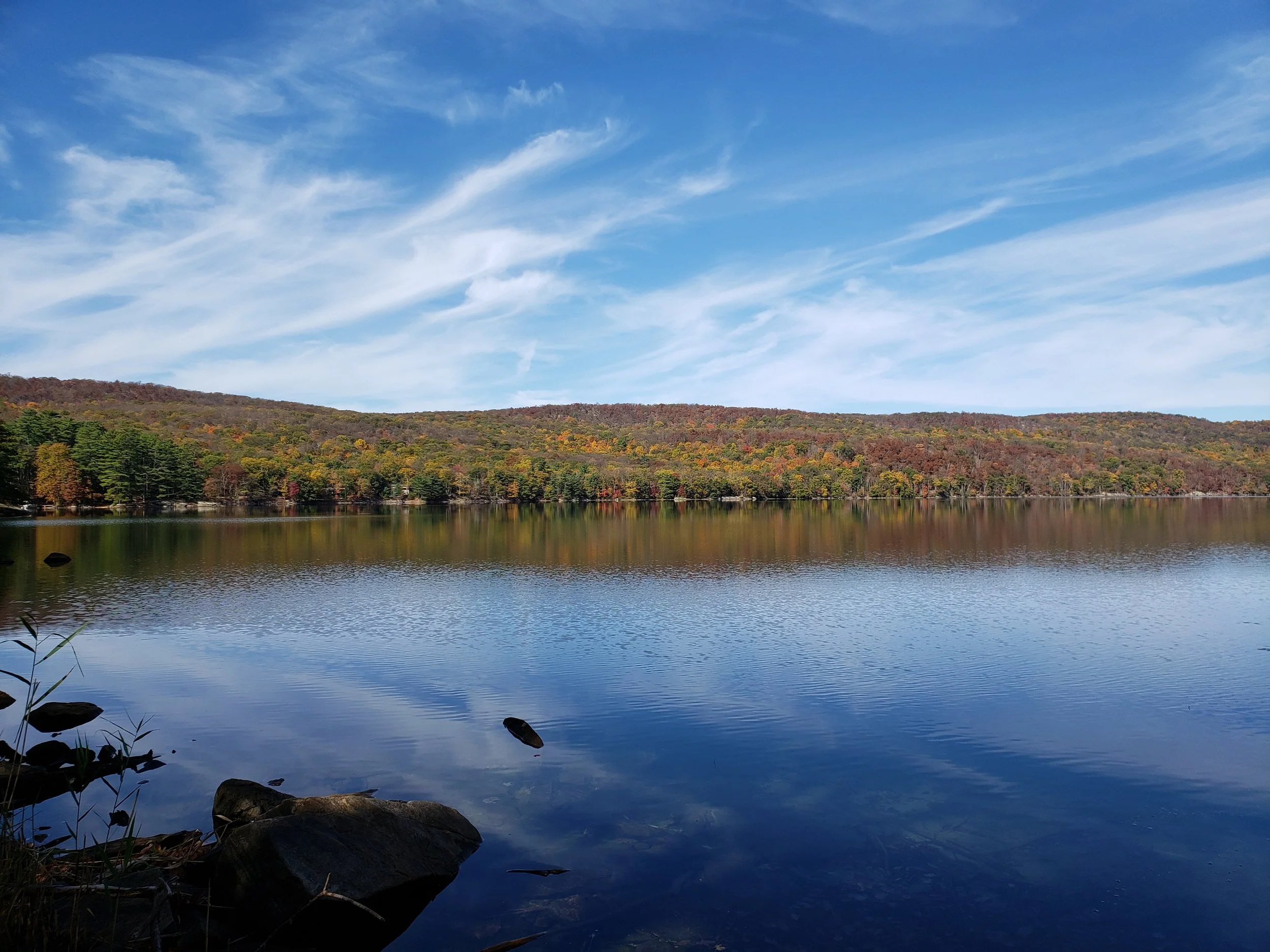
BLOG

LWCF Invests in Green Infrastructure
When we think of green infrastructure, a conservation program like the Land and Water Conservation Fund (LWCF) may not be the first thing that comes to mind. However, LWCF has been investing in our nation’s green infrastructure for over a half century through protecting and filtering drinking water, reducing disaster risk, increasing coastal resiliency, providing flood mitigation, and supporting carbon sequestration. In every county in all 50 states and in U.S. territories, our national, state, and local parks, forests, wildlife areas, and other public lands are a critical network of green infrastructure that need continued investment in order to protect nearby communities from the effects of our changing climate.
